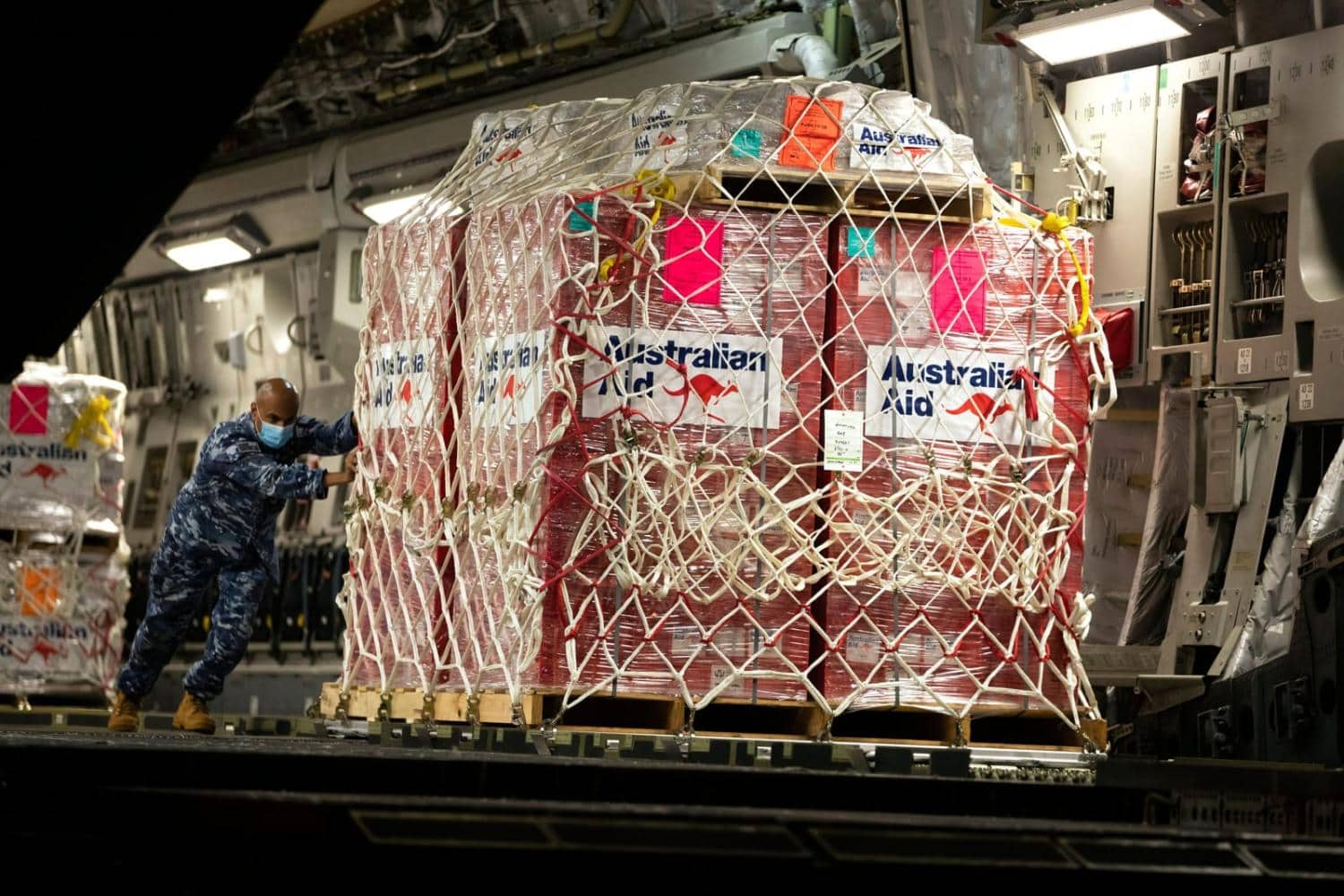After a break in 2021 due to the pandemic, the Australasian Aid Conference (AAC) returns to the Australian National University today. The AAC2022 will include some livestreamed sessions which Pacific audiences can tune in to.
The aim of AAC2022 is to bring together researchers from across Australia, the Pacific, Asia and beyond who are working on aid and international development policy (the AID in the conference acronym) to share insights, promote collaboration, and support development within the research community.
Two years ago and just before borders closed due to the arrival of Covid-19 to Pacific shores, the ANU Devpolicy’s AAC2020 concluded with the most candid of its presenters, PNG’s High Commisioner to Australia, John Kali expressing disappointment at the lack of transparency in aid decision making and prioritisation in PNG.
Reflections pre and post AAC2020 from leaders such as Fiji’s Shamima Ali and Solomon Islands’ Transform Aqorau embraced High Commissioner Kali’s call. It included implorations for more transparent and more effective aid, for smart aid and not more aid, that all stakeholders ask the hard questions on the poor performance of aid in the Pacific, improved coordination on aid spend, better alignment between Pacific aid and development priorities and donor priorities, support for basic needs verses visible aid, and prioritising Pacific development voices.
Participants for AAC2020 had barely made it home, when borders across the region began to close, with the ensuing devastating impact to most Pacific economies and societies.
For the aid and development sector in the Pacific, even as first-world development workers hurriedly returned home, new digital technologies meant work continued, with development programs delivered remotely, or through local community organisations and partner governments.
So, what will be some of the highlights of AAC2022 with some 600 people in attendance? Localisation will be key focus in 2022. But what does this mean two years on, as international aid workers return to the Pacific, and what will real change look like.?
Leading the keynotes at AAC2022 is Professor Stefan Dercon from the UK asking if “aid has a role in messy places?” And because it is an Australasian Conference, Australia’s Minister for International Development and the Pacific Pat Conroy will deliver the opening address and provide an update on the government’s work on a new international development policy. Key questions will be how the government will address issues like aid effectiveness, transparency and local ownership in this new policy.
Localisation will be a key focus for Ofakilevuka Guttenbeil-Likiliki, the head of the Tongan Women and Children’s crisis centre. We will hear her use the AAC2022 Mitchell Oration to air her views on topic “Enough is enough: audaciously decolonising the development and humanitarian nexus.”
Panel discussions on debt, gender, disability inclusion and indigenous approaches to development will also be important opportunities to hear from leading thinkers and practitioners from Australia, the Pacific and the wider region.
At a time when freedom of expression is under threat in the Pacific, AAC2022 presents a forum for free and open insights and discussions to promote collaboration with the research and other communities doing development. It certainly promises to be an important opportunity for learning, thinking and debate if you have an interest in development and aid in the Pacific.
You can find the link to the AAC22 website and program at https://crawford.anu.edu.au/news-events/events/20378/2022-australasian-aid-conference. Note a number of key notes and sessions are live streamed as outlined in the program.
Sadhana Sen is a Fiji based regional freelance journalist and communications consultant.
